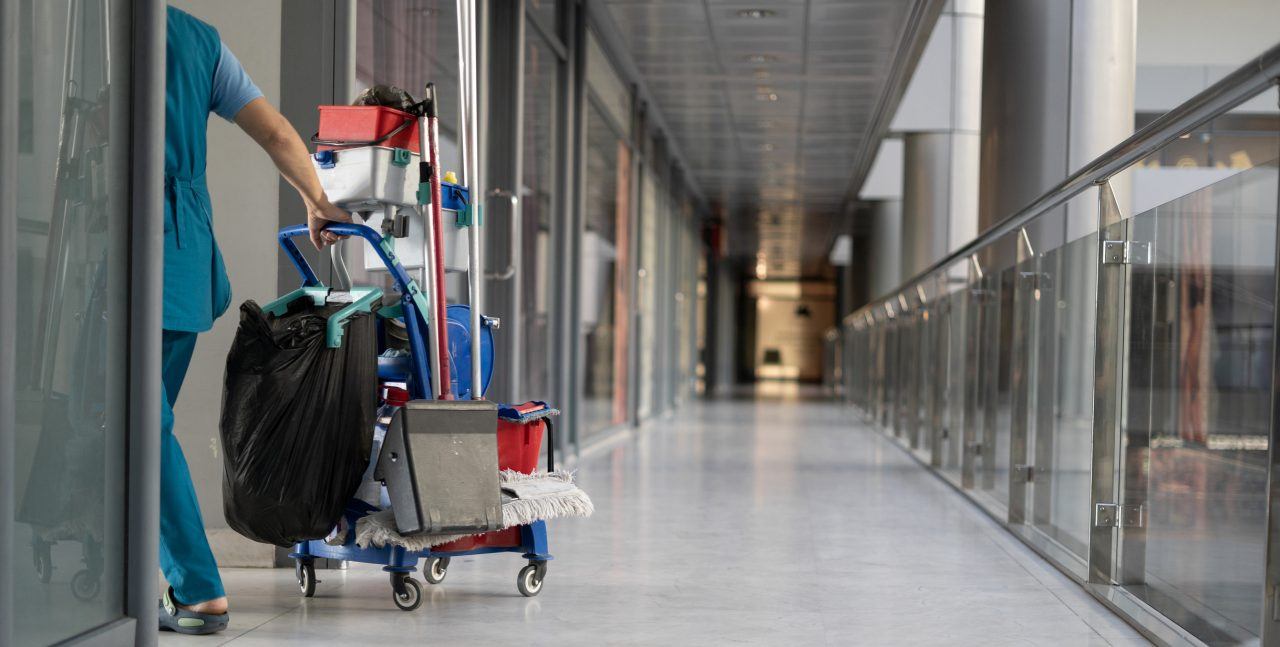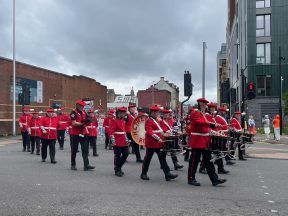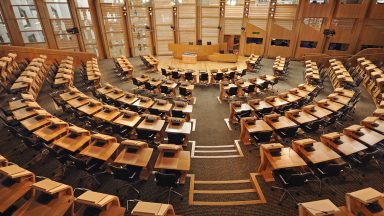The latest offer to avoid school-closing strikes across the country has been rejected by Scotland’s largest union.
Councils have until Wednesday next week to make a better offer or walkouts will see schools shut in 26 local authorities, Unison said.
Johanna Baxter, head of local government at Unison, wrote to council body COSLA and First Minister Humza Yousaf in response to the latest revised pay offer which she said was equivalent to an extra 1p for those on the living wage from 2024.
“Members of our Local Government Committee this morning described it as insulting,” Ms Baxter wrote.
“The revision is miniscule and as a result the unanimous decision of our Committee is that we reject this offer outright and proceed with strike action on the dates already notified.”
Most primary and secondary schools in Scotland face closures from Tuesday, September 26, to Thursday, September 28.
COSLA (the Convention of Scottish Local Authorities) made a two-part offer on Wednesday that would provide at least a £1,929 increase in salary by January 1, 2024.
It would mean workers would receive an increase of £0.65 per hour, or a 5% rise in pay, whichever is more.
COSLA described the new offer as “extremely strong” and said it had secured a further £94m in funding from the Scottish Government.
But Unison said it was “deeply disappointing” that COSLA had taken five months since its members rejected the initial offer to present such “insignificant changes”.
“The strike mandate we have is the strongest show of strength by our members in decades,” Ms Baxter said.
“Unless a significantly improved offer is received by 5pm on Wednesday, September 20, allowing time for our Local Government Committee to take a view on it on the following day in advance of the public holiday weekend, our members working in schools will be taking action on [September 26, 27, and 28] 2023.”
Unison members in schools voted in large numbers to strike with 21,000 school staff set to walk out later this month.
Members of the GMB, Unison and Unite unions rejected the previous pay offer of an average increase of 5.5%.
COSLA’s resources spokesperson councillor Katie Hagmann said she was “doubly disappointed” by Unison’s rejection and decision not to put the offer to its membership.
She said the revised offer went to the “absolute limits” of what local government could afford.
“The simple fact of the matter is that we have no more money available for pay without real cuts to jobs and services,” Ms Hagmann said.
“It must be remembered that we are talking about a pay package worth over £440m, specifically targeted at the lower end of our workforce.
“A pay package which not only compares well to other sectors but recognises the cost of living pressures on our workforce and which would mean the lowest paid would see a 21% increase in their pay over a two-year period.”
Ms Hagmann said communication channels remained “open at all times” in the hope of avoiding strike action.
What was the latest offer?
In the latest offer from COSLA, workers would see at least a £1,929 increase in salary by January 1, 2024.
This means they would receive an increase of £0.65 per hour, or a 5% rise in pay. The workers will get whichever increase would grant them a better pay rise.
Additionally, council workers would receive another rise which means their total pay will increase by £1 per hour since March 31 this year.
Alternatively, they would be granted a percentage increase in wages depending on what salary they are currently on.
For instance, a worker on £10.85 per hour would have their rate increased to £11.50 from April 1 2023, and £11.85 from January 1 next year.
Full-time workers on £20,390 on a 37-hour week would see their salary rise to £22,860.
Those earning between £25,560 and £28,510 would receive a pay rise of 7.63% by January 2024.
For workers earning between £28,860 and £38,030, pay would rise by 6.58%.
Anyone earning £38,586 or above would receive a pay rise of 6.05%.
COSLA said the pay offer would cost councils just under half a billion pounds, stating it aims to protect frontline workers employed by Scottish local authorities, who make up 85% of staff.
Follow STV News on WhatsApp
Scan the QR code on your mobile device for all the latest news from around the country

























